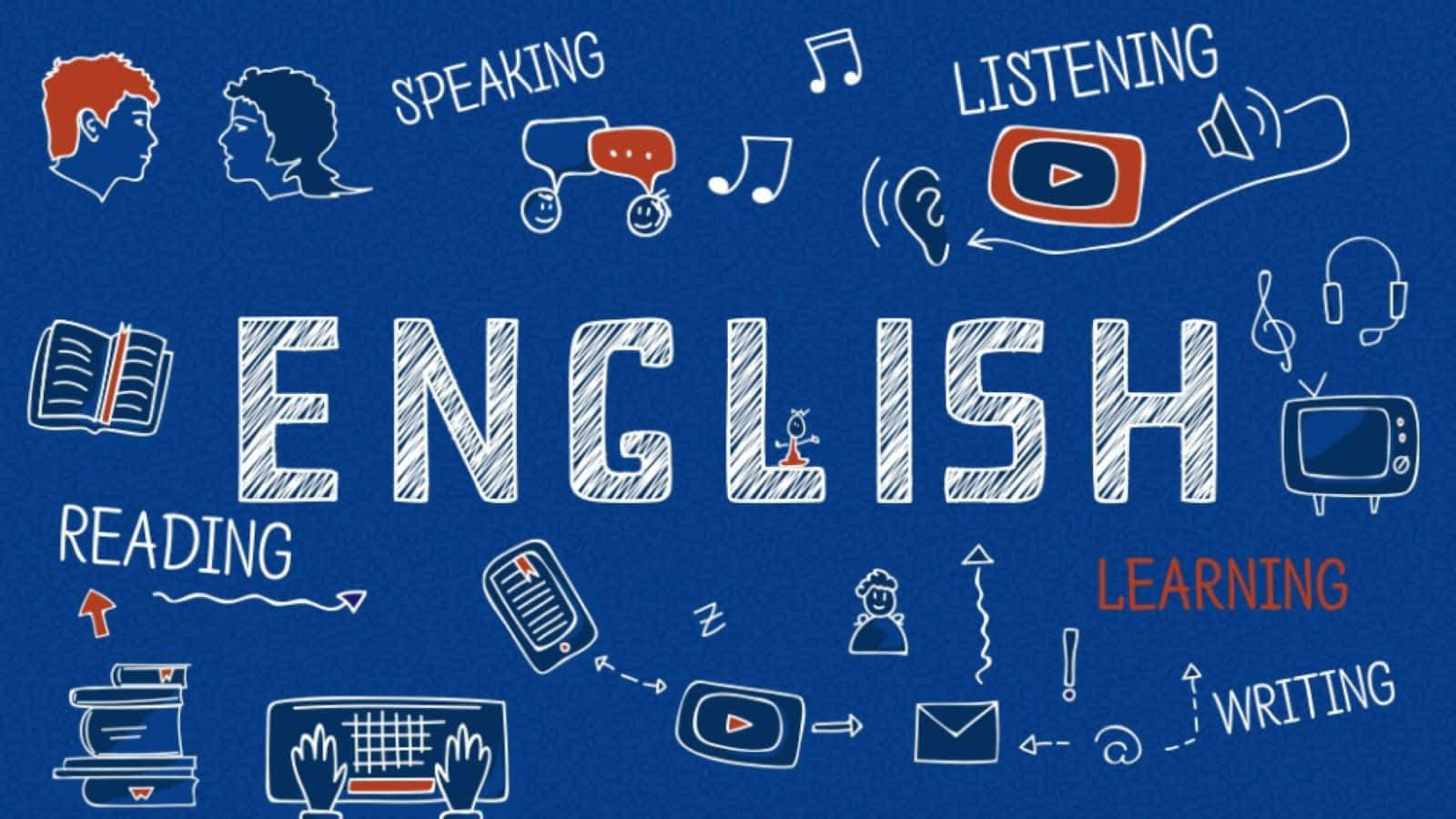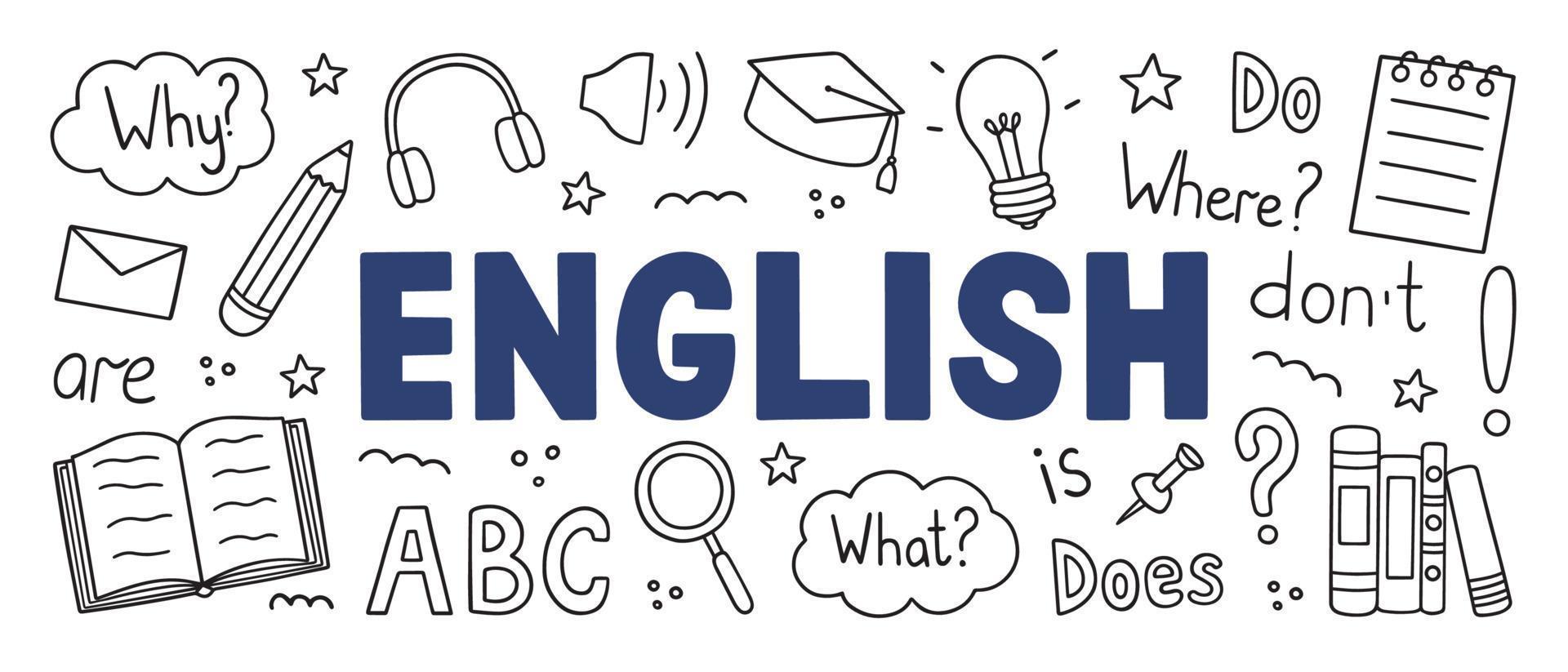AI-Generated Article
This content has been automatically generated using artificial intelligence technology. While we strive for accuracy, please verify important information independently.
English, much like a warm merienda, brings people together. Whether it's through the history of its roots, the quirky facts that make it unique, or the way it’s used in everyday life, the language of merienda is a fascinating topic to explore. Just as a steaming cup of coffee pairs perfectly with a freshly baked pastry, the English language has its own charm when we consider how it fits into our daily routines.
So, what exactly makes English the perfect complement to merienda? It's not just about the words themselves but the stories behind them, the way they’ve evolved over time, and how they’ve shaped the way we communicate. English has grown alongside human innovation, borrowing words from other languages, creating new ones, and adapting to the needs of its speakers. It’s almost as if the language itself is a living thing, evolving with each passing day.
For those who enjoy learning about languages, English offers an intriguing mix of history, culture, and practicality. You might be wondering, how does this relate to merienda? Well, just as we savor the flavors of our favorite afternoon treats, we can also appreciate the flavors of English—its grammar rules, vocabulary, and the way it brings people together. So, grab a snack, sit back, and let’s explore the fascinating world of the English of merienda.
What Exactly is the English of Merienda?
In some respects, the English of merienda refers to the way we use language during our casual, everyday moments. It’s the chatter at a café, the friendly banter over a cup of tea, or even the quiet conversations that happen while enjoying a simple snack. English, in this context, isn’t about formalities or strict grammar rules. Instead, it’s about connection—how we communicate and share experiences with others.
For instance, when you’re chatting with friends over coffee, you might not think twice about using slang or informal phrases. That’s the beauty of the English of merienda. It’s relaxed, personal, and often filled with expressions that make communication more engaging. Sometimes, it’s even about the little things—like how we pronounce certain words or use idioms that add color to our conversations.
Why Does the English of Merienda Matter?
Let’s face it, the way we talk during merienda isn’t the same as how we’d speak in a boardroom or write an official report. That’s perfectly okay. In fact, it’s what makes the English of merienda so special. It’s the language of comfort, the kind of talk that happens naturally when we’re relaxed and enjoying ourselves. It’s not about being perfect; it’s about being real.
So, why does this matter? Well, understanding the nuances of casual English can help us connect better with others. Whether you’re traveling abroad, meeting new friends, or simply trying to express yourself more clearly, knowing how to use English in a relaxed setting can make all the difference. It’s like learning the secret ingredient in your favorite recipe—it enhances the overall experience.
How Can We Learn the English of Merienda?
Alright, so you’re curious about how to get better at using English in casual settings. The good news is, it’s not as hard as you might think. First, you could try listening to podcasts or watching videos where people speak informally. This will give you a feel for how English is used in real-life situations. For example, you might notice how speakers use contractions, idioms, or even a bit of humor to make their point.
Another tip is to practice speaking with friends or language partners. Don’t worry too much about making mistakes—just focus on having fun and expressing yourself. You could also read books or articles that are written in a conversational style. This will help you pick up on the tone and phrasing that make English feel more natural and approachable.
What Are Some Interesting Facts About English During Merienda?
Did you know that English is constantly changing? Like merienda itself, which varies depending on where you are in the world, English has borrowed words from countless other languages. For example, the word “coffee,” a staple of many merienda moments, actually comes from Arabic. Isn’t that fascinating? It’s almost like English enjoys borrowing flavors from other languages to enrich its own vocabulary.
Here’s another fun fact: sometimes, English words can have completely different meanings depending on the context. For instance, the word “work” can mean both a verb (to perform a task) and a noun (the task itself). This kind of flexibility makes English incredibly versatile, especially during those laid-back merienda conversations.
Where Did the English of Merienda Come From?
The history of English is a bit like a family recipe—it’s been passed down through generations, with each era adding its own twist. Late Modern English, for example, saw a huge expansion in vocabulary thanks to the industrial revolution and technological advancements. This meant that new words were created to describe inventions, processes, and ideas that hadn’t existed before. It’s almost as if the language grew alongside human progress, adapting to meet the needs of its speakers.
But it’s not just about new words. English has also borrowed heavily from other languages, creating a rich tapestry of vocabulary that reflects its global influence. So, the next time you enjoy a merienda with friends, take a moment to appreciate how the words you’re using might have traveled across continents to reach you.
What Are Some Common Mistakes in the English of Merienda?
Even native English speakers make mistakes from time to time. For example, many people struggle with spelling rules or confuse similar-sounding words. It’s not uncommon to hear someone say “there” instead of “their” or “your” instead of “you’re.” These little slip-ups are completely normal, especially in casual settings where we’re not focusing on perfection.
Another common mistake is using articles incorrectly. In English, a singular countable noun usually needs an article in front of it. For instance, you wouldn’t say “I want apple,” but rather “I want an apple.” However, during merienda, these kinds of errors often go unnoticed because the focus is on enjoying the conversation, not dissecting every word.
How Can We Improve Our English During Merienda?
Improving your English doesn’t have to be a daunting task. In fact, it can be quite enjoyable, especially when you incorporate it into your daily routine. For example, you could play word games like Wordshake, which challenges you to create as many words as possible in three minutes. It’s a fun way to expand your vocabulary while also sharpening your thinking skills.
Another idea is to practice pronouncing the alphabet or learning new prepositions. These might seem like small details, but they can make a big difference in how confident you feel when speaking. Plus, there are plenty of resources available, such as apps, websites, and books, that can help you along the way.
What Does the Future Hold for the English of Merienda?
As the world continues to change, so too will the English language. With advancements in technology and globalization, we’re likely to see even more borrowing and blending of words from different cultures. This means that the English of merienda will continue to evolve, becoming richer and more diverse with each passing year.
For example, imagine a future where people from all over the world gather virtually to enjoy a digital merienda. They might use English as a common language, blending it with their own dialects and expressions to create something truly unique. It’s an exciting thought, isn’t it? The possibilities are endless.
Table of Contents
- What Exactly is the English of Merienda?
- Why Does the English of Merienda Matter?
- How Can We Learn the English of Merienda?
- What Are Some Interesting Facts About English During Merienda?
- Where Did the English of Merienda Come From?
- What Are Some Common Mistakes in the English of Merienda?
- How Can We Improve Our English During Merienda?
- What Does the Future Hold for the English of Merienda?
Final Thoughts on the English of Merienda
The English of merienda is more than just a language—it’s a way of connecting with others, sharing experiences, and enjoying life’s simple pleasures. Whether you’re a native speaker or just starting to learn, there’s always something new to discover. So, the next time you sit down for a merienda, take a moment to appreciate the words you’re using and the stories they tell. After all, language, much like food, is meant to be savored and enjoyed.
🖼️ Related Images


![[100+] English Wallpapers | Wallpapers.com](https://wallpapers.com/images/hd/english-2000-x-1333-wallpaper-di44s6r4zq9mj991.jpg)
Quick AI Summary
This AI-generated article covers English Of Merienda - Exploring The Afternoon Snack Language with comprehensive insights and detailed analysis. The content is designed to provide valuable information while maintaining readability and engagement.
Ashton Paucek
✍️ Article Author
👨💻 Ashton Paucek is a passionate writer and content creator who specializes in creating engaging and informative articles. With expertise in various topics, they bring valuable insights and practical knowledge to every piece of content.
📬 Follow Ashton Paucek
Stay updated with the latest articles and insights